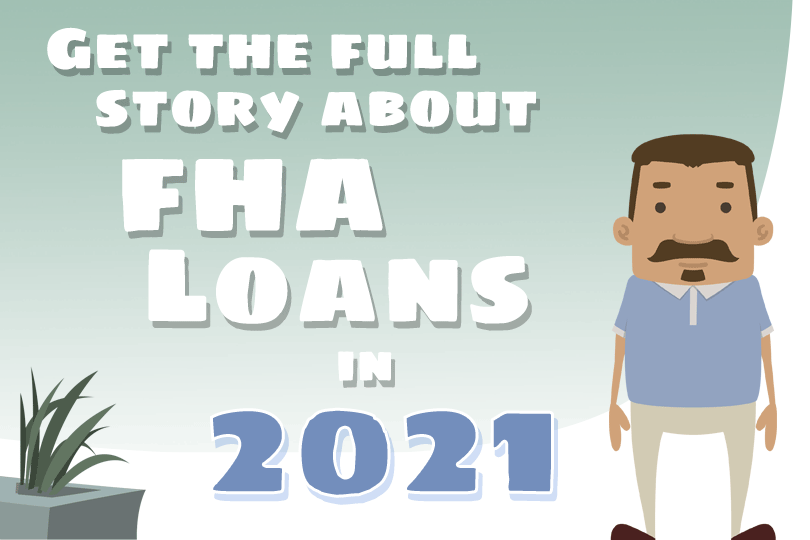What To Expect at Your Mortgage Closing
January 30, 2021
While closings can differ, based on the type of transaction (purchase or refinance), it is a good idea to attend the closing knowing the basics. Let us clear up some of the most common things to know.
Go Through Your Closing Disclosure
Your lender is legally required to provide you with a Closing Disclosure three days before you close. This document details all the final figures, like your monthly payments, Cash to Close amount, prorated taxes, etc. It is in your best interest to go over these numbers thoroughly so you can compare it to those you see at closing. If there are any discrepancies, speak up!
Come with Identification
Your title company will require identification before you start signing documents at the closing. Double check with the company what kind of ID is accepted. In many cases, title companies require two forms of ID, so it is a good idea to arrive with your Social Security Card in addition to your state-issued driver’s license.
How to Pay
Most title companies accept payment of the Cash to Close amount via a cashier’s check or wire transfer. Keep in mind that the funds must come from an approved bank account, which is reviewed by your mortgage lender prior to closing. If you arrive with funds from a different bank account, it may delay your closing. It is also a good idea to come with a personal check, just in case the closing amount changes slightly.
There Will Be LOTS of Things to Sign
When you arrive at the closing, try not to be overwhelmed by the number of papers you will be asked to sign. An attorney of the closing agent will explain every document, and you can ask for as much clarification as you need.
Closing During COVID
At the time of this writing, the Coronavirus pandemic is still at large in the U.S., and it has changed the way mortgage transactions take place. Do not be surprised if your closing looks a little different as well. It might mean that some of the signing is done electronically, or that the seller is not present at the closing. There might be social distancing measures at the office where the closing takes place. The best practice is to communicate clearly and constantly; ask your lender and title company about the safety measures they have in place so you can be as prepared as possible.
Closing on your new home is an exciting prospect, so of course you will want it to go smoothly. By showing up knowledgeable and prepared, you can help take away the stress of the day so you can focus on the best part: closing on your mortgage and moving into your new home!
------------------------------
RELATED VIDEOS:
Your Mortgage Payment Schedule Is Called Amortization
Information About the Balloon Payment
Reliable Borrowers Can Qualify for a Cash-Out Refinance

FHA Loan Articles
February 27, 2025 Buying your first home can feel overwhelming, especially when you start hearing terms like "subprime mortgages" and "FHA loans." Understanding these options is crucial for making the right decision. Subprime mortgages are designed for borrowers with less-than-perfect credit histories. This might include past issues like late payments, loan defaults, or even bankruptcy...
February 26, 2025Buying your first home can be exciting, but the mortgage process often throws a curveball of unfamiliar terms. Here are answers to common questions first-time homebuyers have about mortgage jargon and terms.
February 18, 2025Mortgages typically require mortgage insurance and homeowners insurance. They are both key parts of your home loan but they serve very different functions. Do you know the differences between the two? Find out how ready you are to begin the process of buying your new house.
February 17, 2025The federal government backs FHA home loans, which allows participating FHA lenders to offer lower down payment options and more lenient credit requirements. How much do you really know about your FHA home loan options and how they compare to other mortgage choices?
February 13, 2025For many college graduates, student loan debt is a concern. A common question is how this debt impacts the ability to buy a home. This Q&A explores the relationship between student loans and FHA loan approvals. How much do you know about how your student loan debt affects your ability to be approved for a mortgage?







